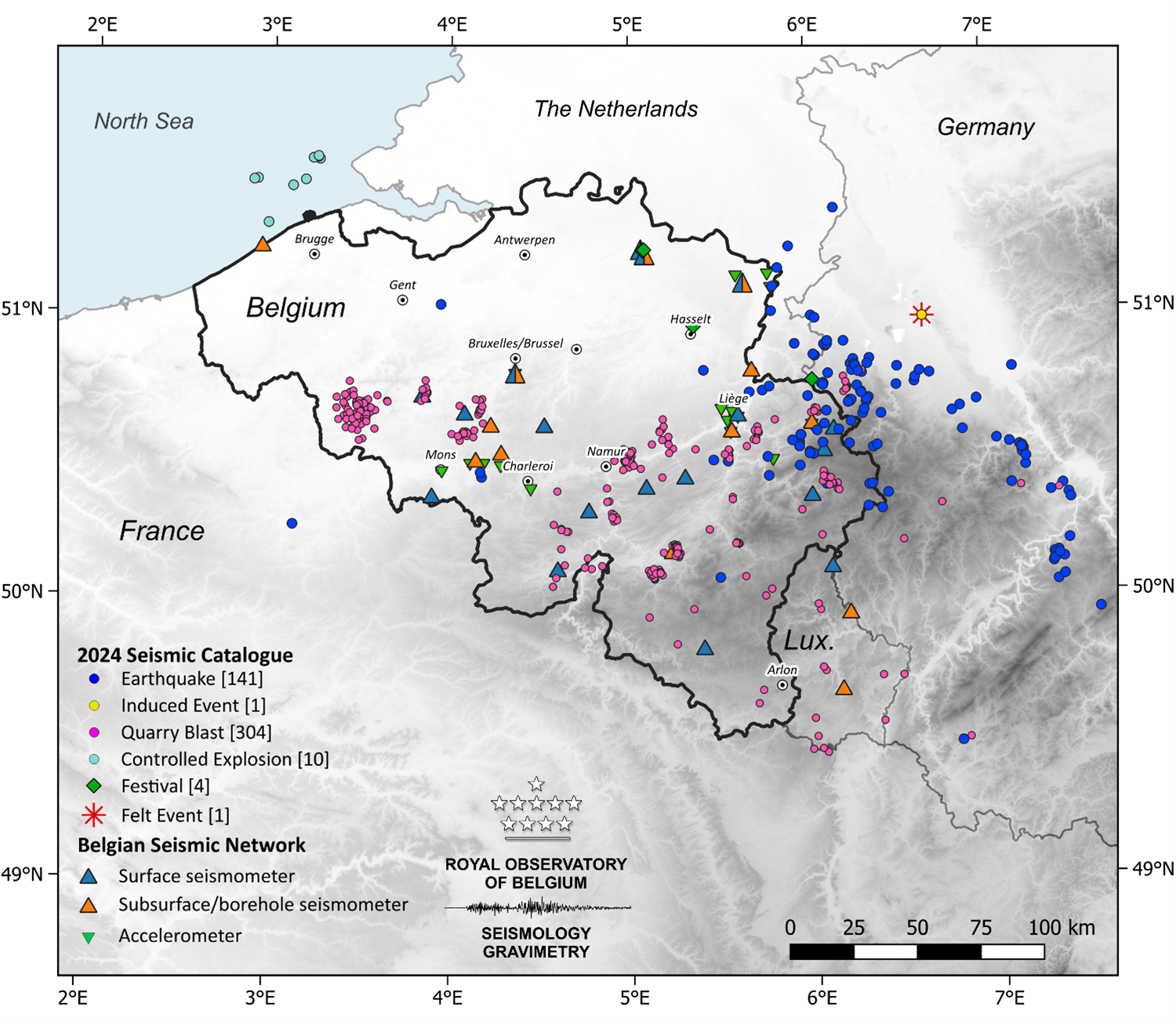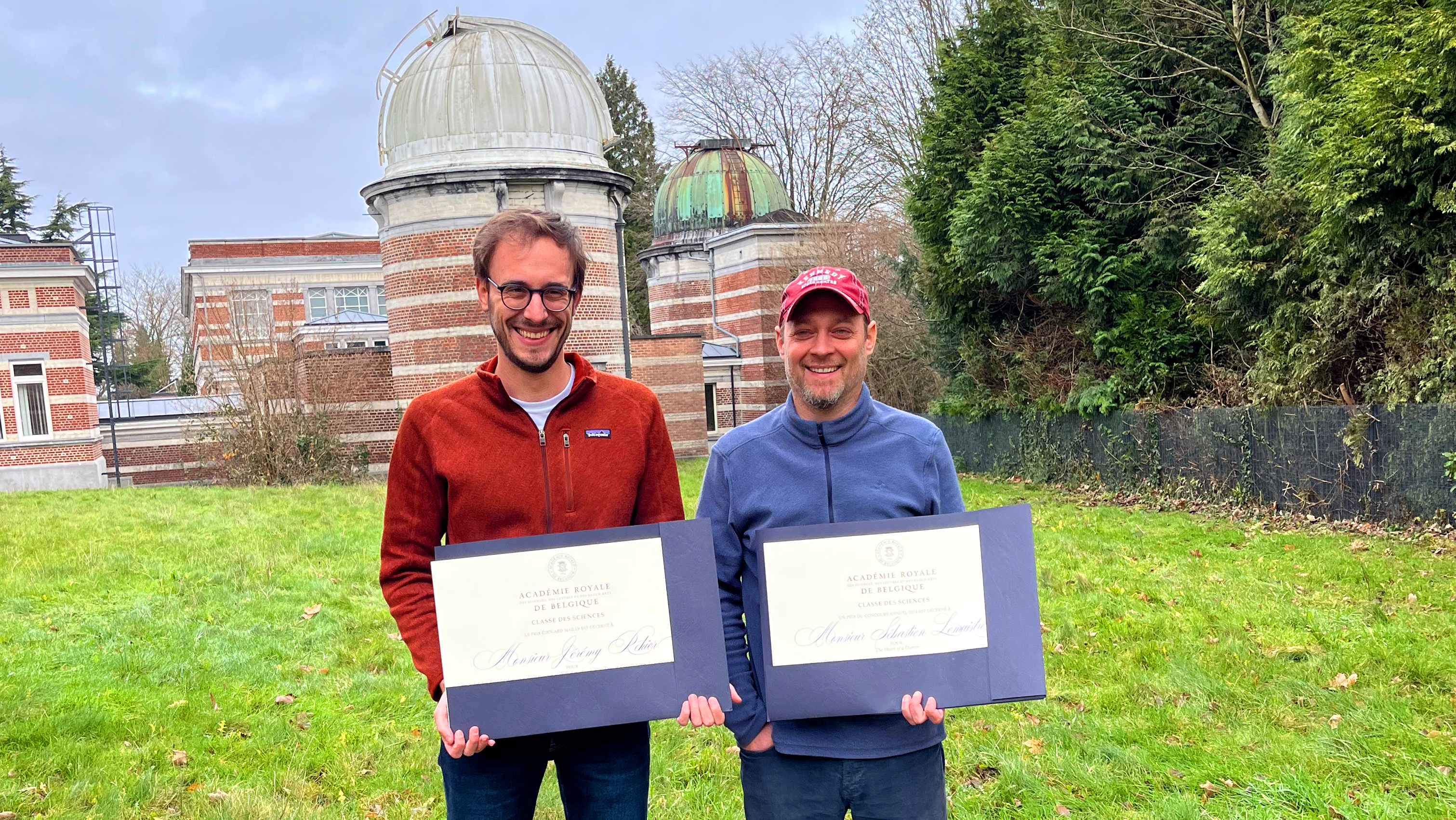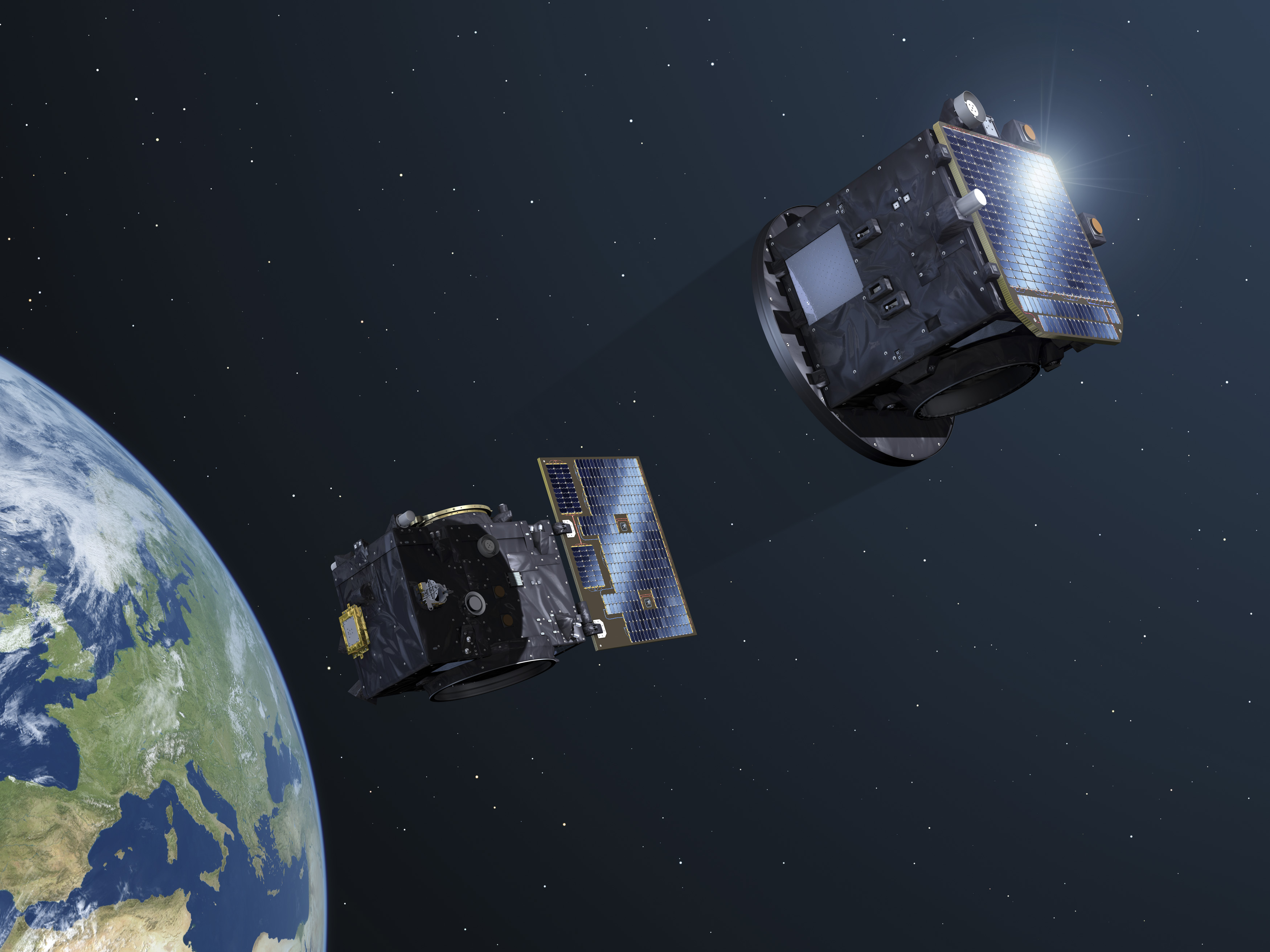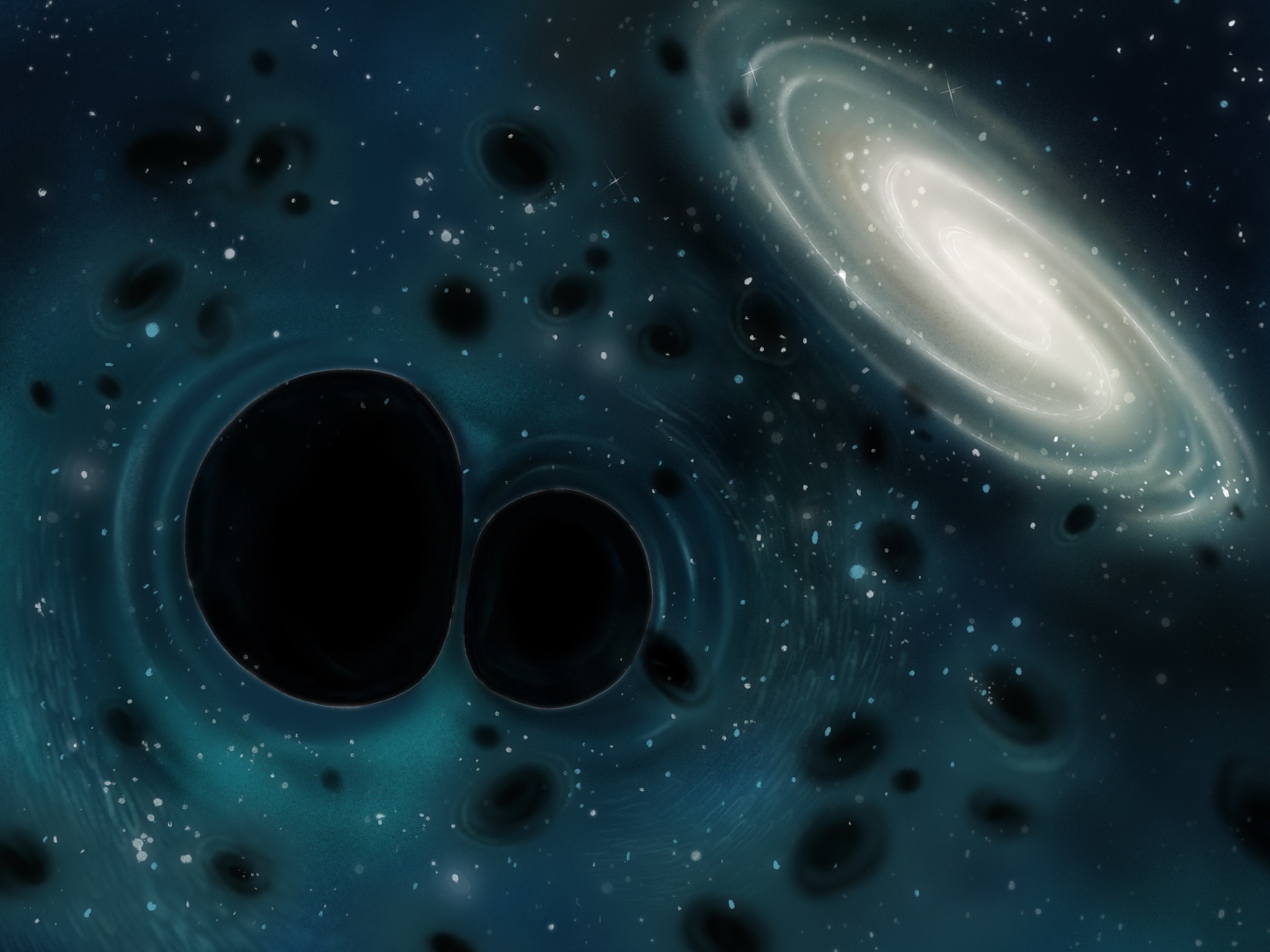The Gaia spacecraft is ending its life of observations, but the harvest continues
Over a period of 10 years and a half (which is 2 times the mission’s nominal duration), Gaia has provided more than a million of gigabytes of data for some 2 billion objects in the sky. At this stage, it has already had a significant impact on our knowledge of the structure, composition and dynamics of the Milky Way. [...]






